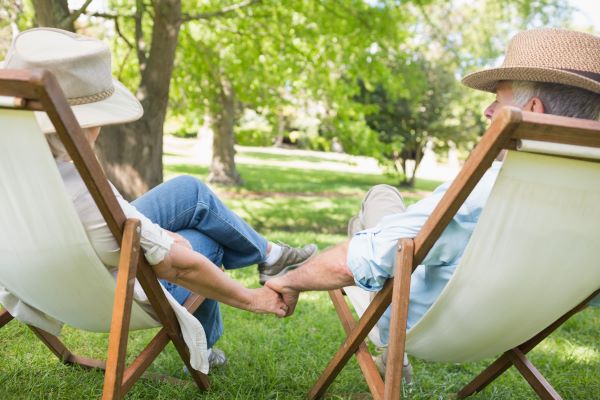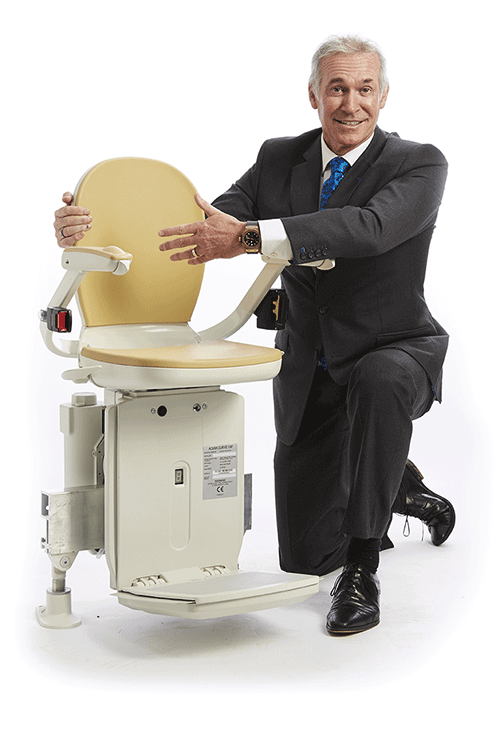Retirement is often seen as a time of freedom—a chance to rest, explore passions, and enjoy life at a different pace. But for many, this major life change can come with unexpected emotions.
Whether it’s the loss of a long-held role, changes in daily routine, or even the passing of a loved one, grief in retirement is more common than people often realise.
At Acorn Stairlifts New Zealand, we understand that this chapter of life can feel overwhelming. If you're experiencing loss or struggling to adjust, you’re not alone—and there are ways to move forward with care, support, and strength.
6 Gentle and Supportive Ways to Cope with Grief After Retirement
1. Understand That Grief Isn’t Just About Loss Through Death
Grief can take many forms. For retirees, it might come from:
- Leaving a job that gave purpose or identity
- Losing daily structure or regular social contact
- Facing changes in health or physical ability
- Missing people or places that were once part of your routine
Whatever form your grief takes, it’s valid—and recognising it is a healthy first step.
2. Create a New Daily Rhythm
Without work to anchor your days, retirement can feel disorienting. Establishing a new routine helps bring clarity and calm.
Ideas include:
- Starting your day with a walk or quiet reflection
- Setting weekly catch-ups with friends or family
- Joining a community group, hobby class, or local event
- Volunteering your time or skills to a cause you care about
Having simple, meaningful activities in your week can restore balance.
3. Talk About How You’re Feeling
It’s common to feel like you should be enjoying retirement—but if you’re grieving, know that it’s okay to say so. Talking things through often brings relief and connection.
Reach out to:
- A trusted friend or family member
- A mental health counsellor or therapist
- A local support group or community service
- Someone else who has also recently retired
You’re not a burden—and you don’t have to carry this alone.
4. Celebrate the Past and Welcome the Present
Grieving what you’ve lost doesn’t mean you can’t enjoy what’s still ahead. You can honour your memories while exploring new parts of life.
Try:
- Creating a photo album or journaling meaningful moments
- Taking up a new hobby you never had time for before
- Sharing stories and reflections with the next generation
- Planning small outings or personal goals that inspire you
Grief and joy can coexist—especially when you allow space for both.
5. Care for Your Physical Health, Too
Grief can affect your sleep, appetite, and energy. Looking after your body can help you feel more steady and supported.
Consider:
- Eating balanced meals regularly
- Getting fresh air and moving each day, even gently
- Attending your medical check-ups
- Making your home safer and more comfortable to navigate
If stairs are becoming more difficult, a stairlift can help you move freely and confidently within your home.
6. Don’t Be Afraid to Accept Help
It’s okay to need a little support. Whether emotional or practical, accepting help is a sign of wisdom—not weakness.
You might:
- Accept a neighbour’s offer to lend a hand
- Work with a professional to make your home more accessible
- Ask your GP for guidance on grief or mental well-being
- Reach out for companionship or support when you’re feeling low
You don’t have to go through this alone—and you deserve to feel safe, supported, and understood.
Retirement Isn’t the End—It’s a New Beginning
Grief is a natural part of change, and retirement brings plenty of it. But with time, compassion, and support, it’s possible to rediscover purpose, connection, and joy.
At Acorn Stairlifts, we’re here to support you through every stage of life—helping you stay independent, comfortable, and confident in the home you love.

